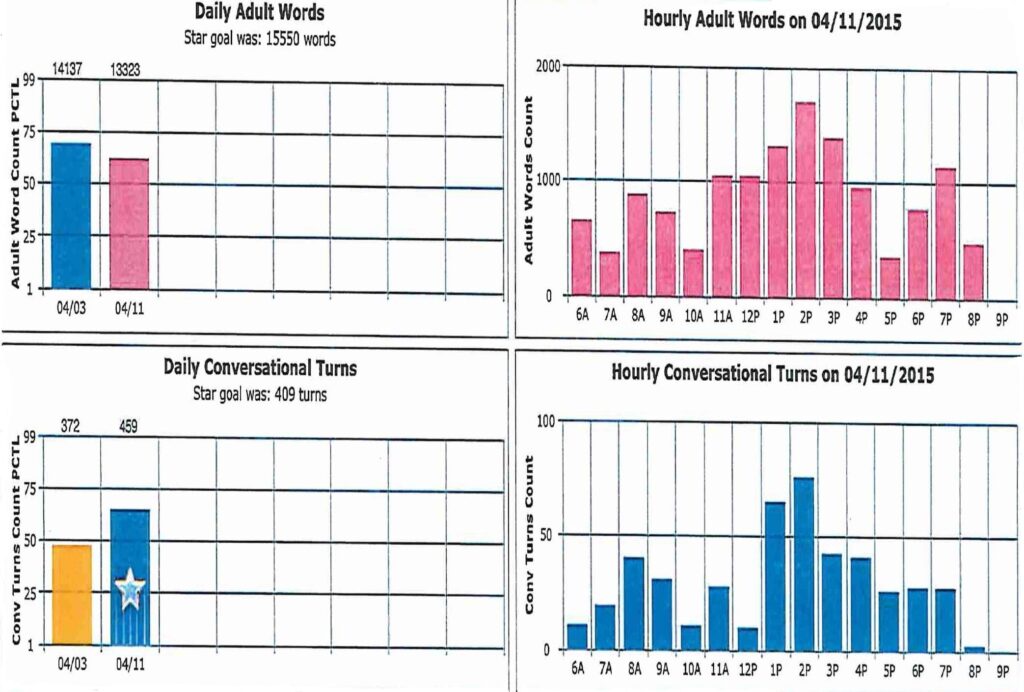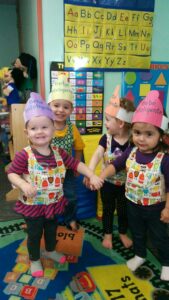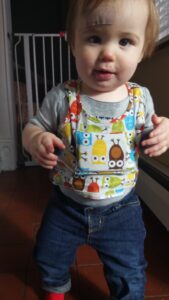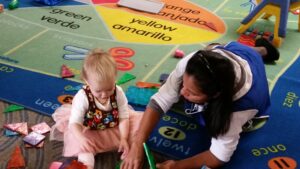By: Gerri FisherThis month marks one year since the start of the Think Small blog. To celebrate, we’re using January to highlight information and initiatives from Think Small and our partners about infants and toddlers and their caregivers in Minnesota. This post is part of our series on children 0-3.
By the age of three, it is estimated that low-income children have heard 30 million fewer words than those from higher-income families. We see, in fact, a difference in how many words a child knows as early as eighteen months of age. This discrepancy in the number of words heard is referred to as the word gap, and it contributes to low-income children being less school ready than their more affluent peers. In 2016, utilizing funds from the Bush and Target Foundations, Think Small introduced a new initiative to address the word gap. The initiative, called LENA Start, is a laser-focused language intervention for those first three critical years of life.LENA Start is a class designed by the LENA (Language Environment Analysis) Research Foundation to help parents find ways to increase the words they speak to, and more importantly with, young children during everyday activities. One class session, for example, focuses on how to use more words while preparing and eating food. “These noodles were hard and crunchy before we cooked them in the hot water.” Think Small is adapting LENA Start to use with parents and family child care providers to enrich the language environments of the two settings young kids spend the most time in – home and child care.For this class, young children wear vests containing a LENA “language pedometer” for one day a week at home and/or child care. The pedometer counts the number of words adults speak to a young child and the number of times that an adult responds to what a child has said, or vice versa. Parents and child care providers receive weekly reports illustrating how much they’ve improved in these two areas. While the number of words children hear each day is very important, the number of times they are engaged in dialogue is even more important. In fact, back-and-forth conversation helps the language development of children six times as much as adult speech alone.Think Small’s first two LENA Start cohorts recently concluded. In the Fall 2016 groups we had- 13 adults participating:
- 5 parents
- 8 child care providers
- 11 children recorded each week:
- 4 at home
- 5 at child care
- 2 in both settings

Sample report that parents and child care providers review to see how much they are talking with their child.










